 After more than half a century in the neighborhood, Estep Brothers Funeral Home has put its historic Eutaw Place location on the market for sale.
After more than half a century in the neighborhood, Estep Brothers Funeral Home has put its historic Eutaw Place location on the market for sale.
“The building, not the business, is for sale,” said Jonathan Hibner, who is the funeral home’s director. He said a continuous and seemingly insoluble parking limitation is behind the decision to try to sell after half a century at the corner of Eutaw and West Lanvale St., on Bolton Hill’s southwest corner.
Efforts to negotiate parking with nearby property owners have been unsuccessful. He said grieving families and friends are reluctant to accept shuttle arrangements or parking more than a block or two away from the funeral site, creating a competitive disadvantage for the historically black facility.
The brothers who own the business, Cecil Estep, 87, and Lloyd, 84, began operating in 1972 at 1300 Eutaw, once the mansion home of the first president of Johns Hopkins University, Daniel Coit Gilman (1831-1908). The Charles A. Rice Funeral Home, founded in the 1940s, moved there after construction of the Camden Yards stadium complex forced a move from its former location.
At the death of Charles Rice Sr. in 1980, the Esteps acquired the business and renamed it. They later acquired the adjacent 1302 Eutaw Place residence and combined them into one facility housing a modern chapel that seats 175 people, with several smaller anterooms and a facility for embalming and preparing for burials or cremations. Cecil Estep is still actively engaged in the business, Hibner said.
The two properties to be sold together are offered at $1.5 million on several real estate websites. According to the Long & Foster site, it has 16,312 square feet and was built in 1900 (although more likely it was earlier).
According to Hibner, the business handles more than 200 funerals a year, some in churches or other locations but a majority at the funeral home. Historically serving black families, Hibner said they currently also handle funerals and burials for all races. Funeral homes in the United States, like churches, have been slow to fully integrate their services and clienteles.
Demand for cremation is up and burials are down, said Hibner, a 10-year veteran of the facility. Another trend: fewer funerals involve religious services, likely reflecting the country’s overall increasing turn away from church participation. Hibner said “Every Estep ceremony is original, tailored to the wishes of surviving family members.”
